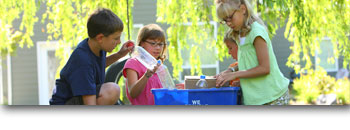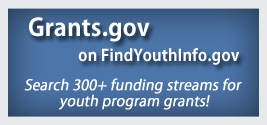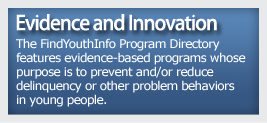Challenges and Solutions
Researchers have documented common challenges or roadblocks associated with service-learning (Ohn & Wade, 2009; Shumer, 2005; Zaff & Lerner, 2010). Educators should consider those potential roadblocks when planning for implementation of a local service-learning program.
Table 2. Common Challenges Associated with Service Learning and Proposed Solutions
| Challenges | Solutions |
|---|---|
|
When students have negative ideas regarding service-learning that may result from the community service being mandatory, or negative past experience with community service, they are less likely to engage in adequate service and in self-reflection and learning associated with the community service. |
Address students’ attitudes and expectations early in the process. Try to match sites with students’ preferences and personal style. For example, students who care about interpersonal interaction may become frustrated in sites where they can have little communication with individuals. Try to clarify for students what to expect when reaching sites (e.g., the extent to which site staff will make them feel welcome). |
|
Students may get into trouble on sites due to behavior that may be perceived as inappropriate by individuals at the site. |
Practice appropriate behavior with the students early on in the program. For example, demonstrate how to interact with elderly residents or very young children. Set a good example by trying to maintain a positive mood and using positive and respectful language. Know in advance the rules and expectations of the service sites; convey those rules to students, and follow up to ensure that they follow rules (e.g., avoiding disrespectful clothing and inappropriate language at a site). |
|
Students cannot articulate the meaning of their service-learning activities. Students may not know or may not be able to articulate the purpose of participating in service-learning. |
Ensure sufficient duration and intensity of the service-learning program which will enable age-appropriate and topic-appropriate pacing of several aspects of the service-learning program including:
|
|
Teachers may feel overburdened and resist the demands associated with service-learning. Teachers and principals may not see the value of service-learning or its relevance to students’ learning. They also may feel insufficiently prepared or supported in delivering service-learning. |
Schools may wish to involve teachers who have successfully conducted service-learning in the past or who advocate for service-learning. In addition, giving teachers the opportunity to voice their creative ideas and empowering them to structure service-learning projects may promote teacher buy-in. Collaborate with service-learning organizations to provide teachers adequate professional development and resources, and follow up by providing easy access to technical assistance and coaching support. |
Table adapted from Community service-learning as a group inquiry project: Elementary and middle school Civic Connections teachers' practices of integrating historical inquiry in community service-learning (Ohn & Wade, 2009); Service-learning research: What have we learned from the past (Shumer, 2005); Service-learning Promotes Positive Youth Development in High School (Zaff & Lerner, 2010)
Ohn, J., & Wade, R. (2009). Community service-learning as a group inquiry project: Elementary and middle school Civic Connections teachers' practices of integrating historical inquiry in community service-learning. Social Studies, 100(5), 200-211.
Shumer, Robert. (2005). Service-learning research: What have we learned from the past. In Growing to greatness: The state of service-learning report, 48-53. Saint Paul, Minn.: National Youth Leadership Council.
Zaff, J., & Lerner, R. (2010). Service-learning Promotes Positive Youth Development in High School. Phi Delta Kappan, 91(5), 21-23.
Collaboration Profiles
Youth Voices
Feature Articles
Tools & Guides
Technical Assistance
Websites


Announcements
Youth Topics
Collaboration Profiles
Briefs
Youth Voices

Map My Community is a tool designed specifically to assist you in locating resources in your community to help you build and strengthen your youth program. Get ideas for new partnerships, identify gaps in your community, and learn about resources to avoid duplication of effort.



















